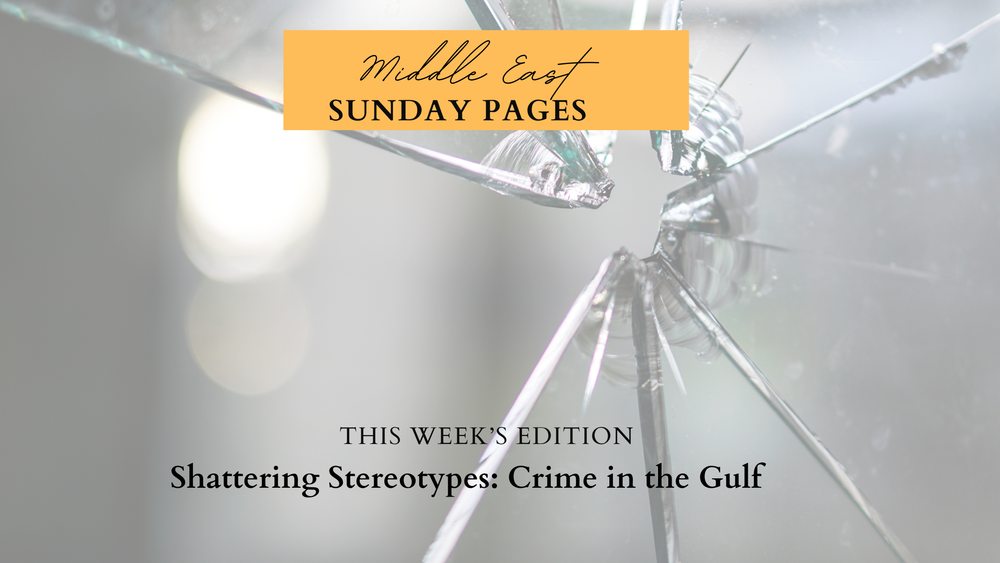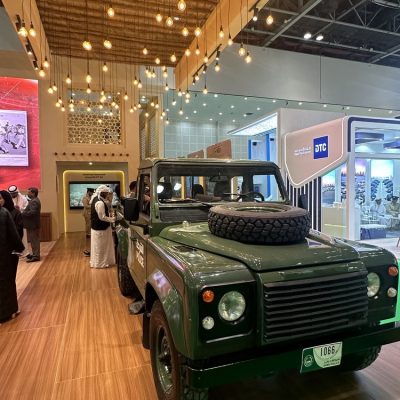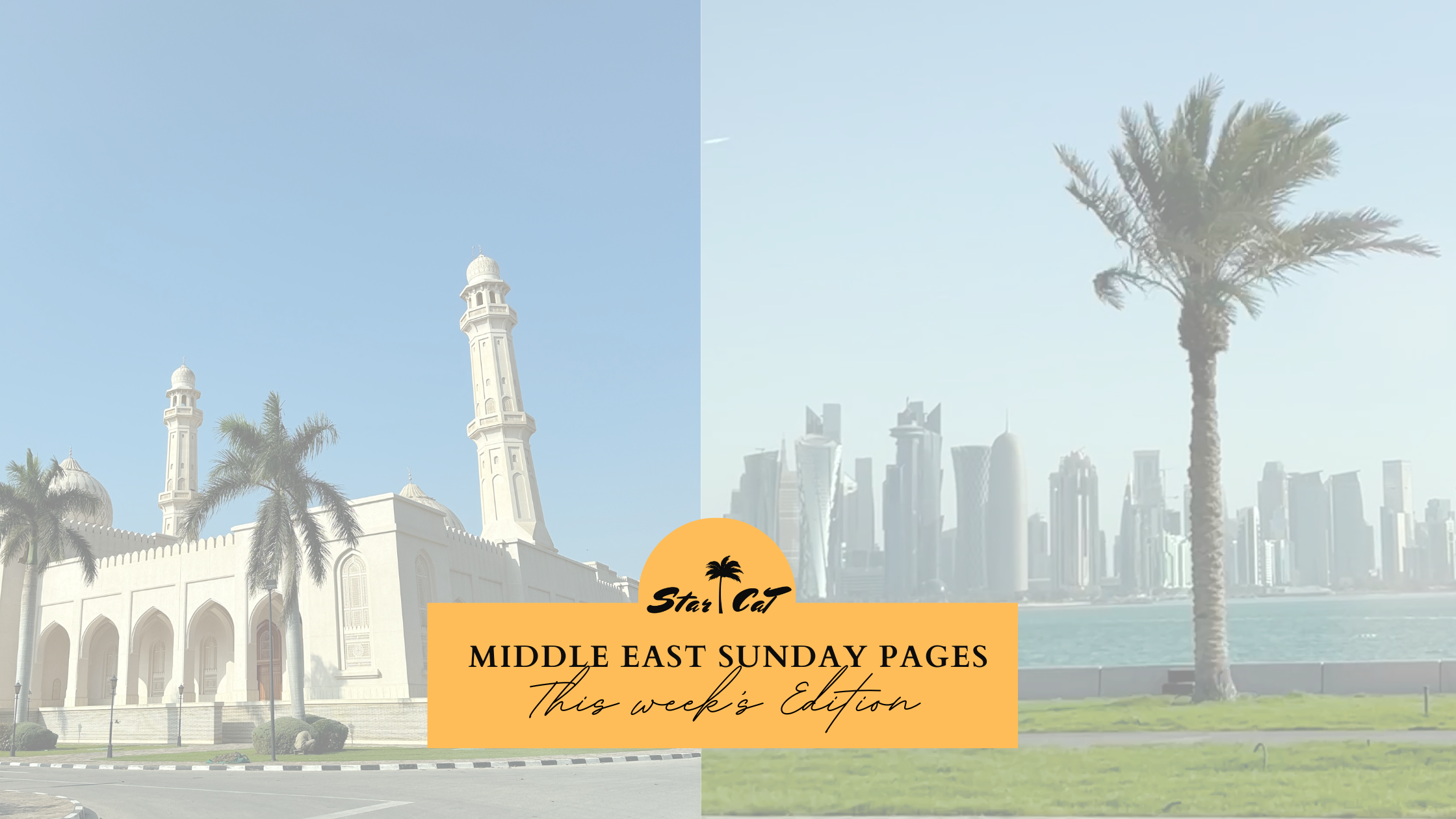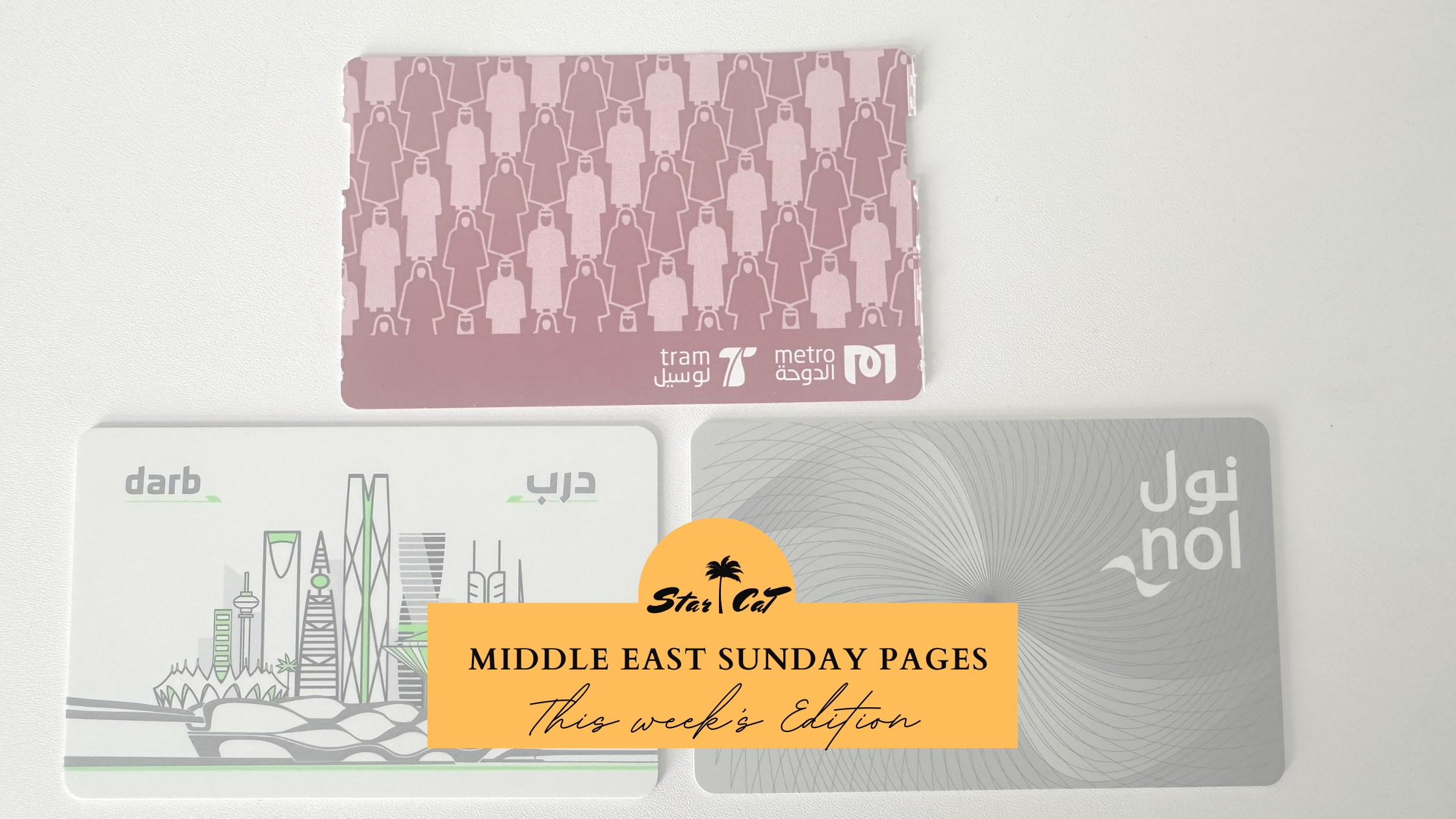
Shattering Western Stereotypes: Crime in the Gulf States
For many of us from Western nations, our perceptions of the Middle East are often shaped by inaccurate stereotypes perpetuated in movies and media. We envision a region of volatility, uncertainty, and risk. But those who have actually lived and worked in the Gulf know the reality is quite the opposite – particularly when it comes to personal safety and crime rates.
A recent experience a friend of mine had in the UAE drove this point home in the most surprising way. It is a story that exemplifies just how significantly societal attitudes towards crime differ in the Gulf compared to the West. And it provides a mere glimpse into the nuanced cultural insights you need to truly understand this dynamic region.
The Case of the Stolen (and Swiftly Returned) Bike
My friend, a Western expat, had been living in Abu Dhabi for years without issue. That is, until one morning when he went to grab his bicycle for his usual ride and it was gone – stolen from the apartment building’s private garage. Defeated, he headed to the local police station to report the crime, fully expecting it to be a long, drawn-out process with little hope of ever recovering his bike.
But the police officer’s mundane reaction when he explained the situation caught him completely off guard. With an utterly calm demeanour, the officer simply stated, “No problem, you will get it back shortly.” My friend was dumbfounded. Just like that – a stolen item would be returned without any investigation? The nonchalant officer explained further:
“We will just text the mobile number of whoever took it and tell them to bring it back to the station.”
My friend couldn’t believe his ears. They just… text the thief and ask nicely? Turns out, the Abu Dhabi police have a brilliant system: After someone reports a theft, they obtain phone records to identify individuals in the vicinity at the time. They send a message to those numbers stating the stolen item must be returned within a certain timeframe, or they will face consequences like being unable to renew identification cards, driver’s licenses, or even exit the country.
Sure enough, less than 24 hours after my friend filed the report, he received a call that his bicycle had been recovered. He went to pick it up from the station, and the police mentioned those three warning texts had worked once again.
Astoundingly Low Crime Rates
When my friend inquired about the number of theft cases at that particular station, the officer replied with a number so low, my friend mistakenly thought it was the annual figure – but no, it was the total number of cases in the 10 years since the station had opened.
Such astoundingly low crime rates are the norm across the Gulf nations. The UAE consistently ranks as one of the top 5 safest countries globally for personal security and low crime incidents. The probability of being targeted in a violent crime is remarkably slim at less than 1.4 per 100,000 residents according to NUMBEO’s crime stats.
Qatar, Kuwait, and other Gulf nations have similarly stellar records for safety and security. There’s essentially a near-zero violent crime rate – a stark contrast to major Western cities where personal theft and assaults make regular headlines.
The Cultural Underpinnings
So, just what contributes to these incredibly low crime rates across the Gulf? For one, there are severe legal punishments and strong enforcement policies that crack down heavily on any rule-breakers. But the cultural deterrents may be even more impactful.
In Muslim Arab societies, criminal behaviour isn’t just seen as illegal – there’s an element of shame and perceived lack of moral character that makes it highly taboo. Reputation and hospitality are two very highly-esteemed principles that delinquent or dishonest conduct would blatantly violate. Honour, integrity, and hospitality are cultural pillars to uphold at all costs.
That is not to say petty crimes like theft never occur, which is where that effective system of warning texts comes into play. But the strong cultural emphasis on honour, combined with strict legal enforcement, creates an effective two-pronged prevention deterrent.
There is so much more to unpack of course, issues of crime and public safety are just one element of the incredibly complex cultural landscape across the Gulf nations. From communication styles to workplace dynamics, gender dynamics to societal hierarchies, there are so many nuances that take true in-depth study to grasp.
That is where our resources can be absolutely invaluable for professionals working in the region. Through MasterClasses, curated Newsletters and guides, I provide business professionals with the foundation to seamlessly navigate all aspects of life and work in the Gulf.
Don’t make the mistake of operating off inaccurate Western assumptions. Immerse yourself in a true understanding of what drives societal norms and behaviours in the Gulf. It will ensure you conduct business with excellence while also fully appreciating the codes and cultures you are encountering.
Sign up for my Middle East Insights Newsletter to receive similar myth-busting insights about the Middle East straight to your inbox PLUS this is a completely FREE resource for you. And for those truly seeking to elevate their professional engagement in the region and taking this one step further, considering Star-CaT consulting is a must.










This Post Has 0 Comments